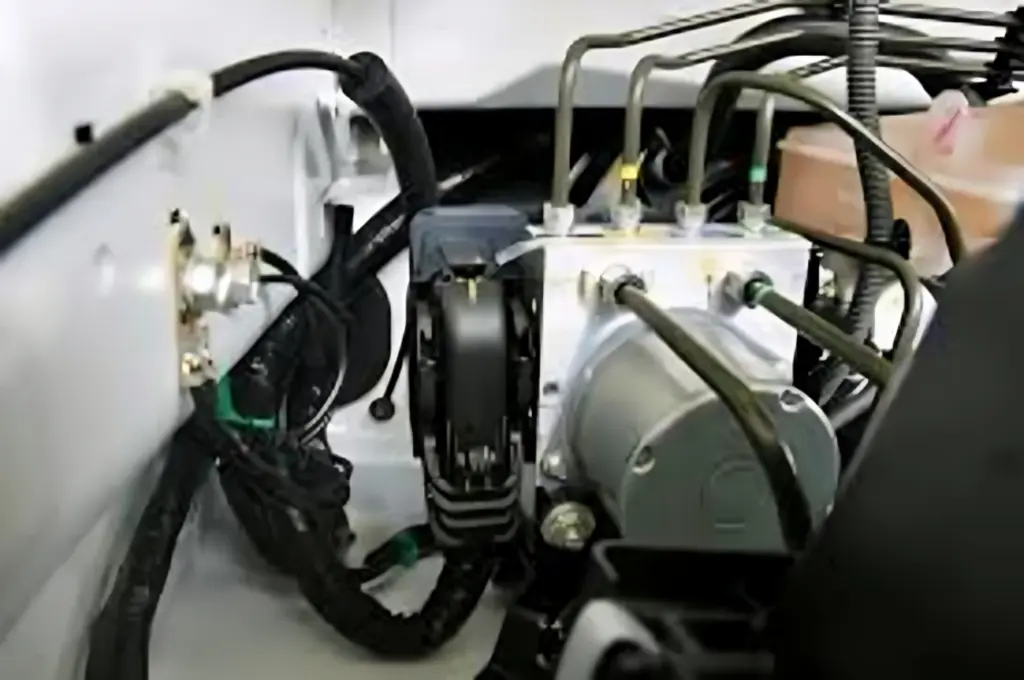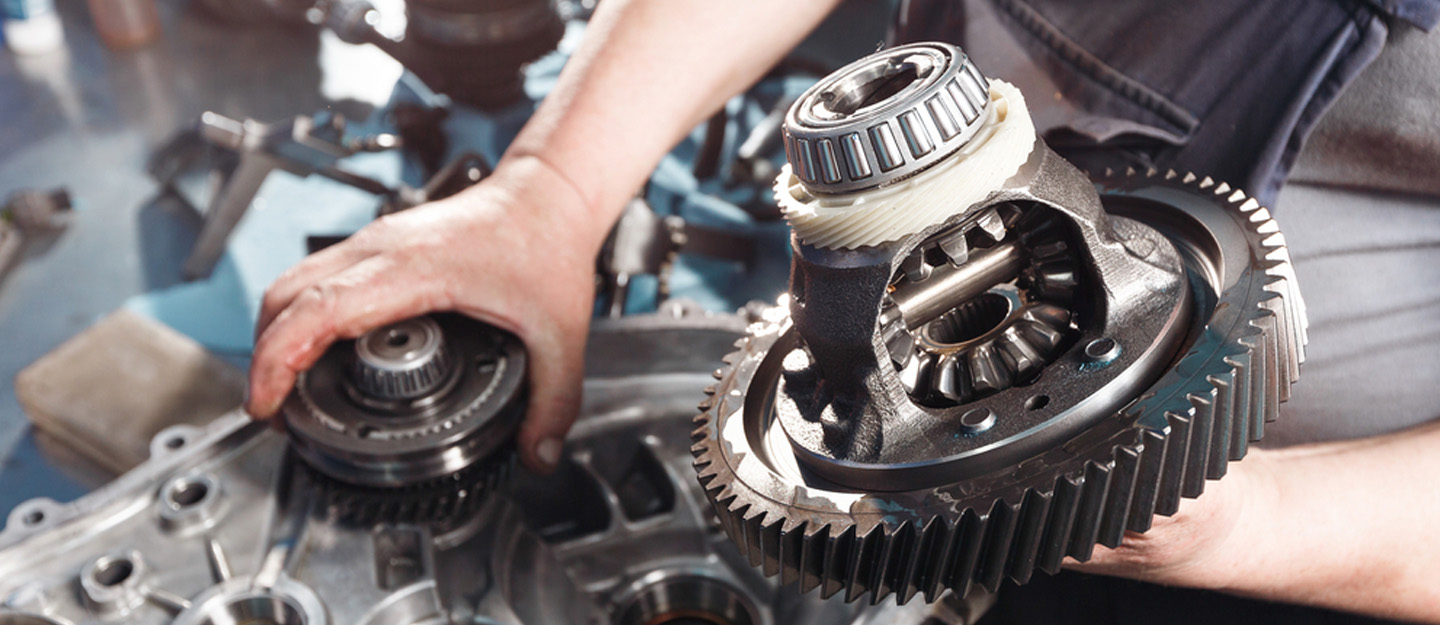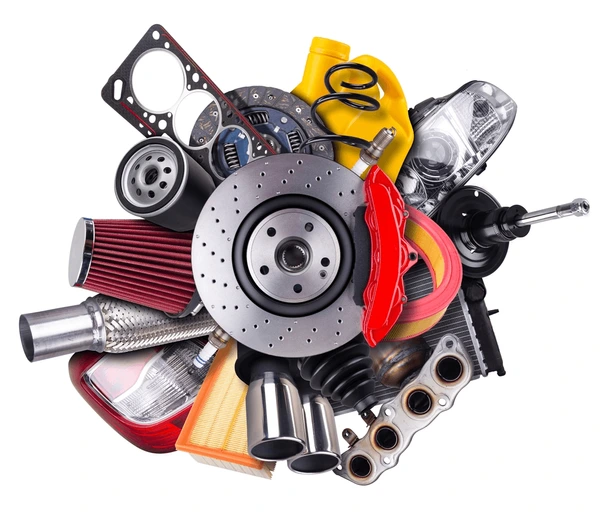Comparing Used Diesel Trucks: Key Features to Look For

When it comes to purchasing Used Diesel Trucks, buyers often seek a balance between performance, durability, and value. Diesel engines are widely known for their longevity and towing power, making them a preferred choice for both commercial and personal use. However, not all used trucks are created equal. Before making a purchase, it is essential to know the specific features and factors that determine whether a truck will serve you well for years to come. This article will walk you through the critical features to consider when comparing used diesel trucks, ensuring that you make an informed and confident decision.
Why Choose Used Diesel Trucks?
Before diving into key features, it’s important to understand why diesel trucks are in high demand in the used market. Diesel engines typically last longer than gasoline engines due to their robust design and higher compression ratios. They also provide superior torque, making them ideal for towing heavy loads, hauling cargo, and long-distance driving. Moreover, diesel trucks often have better fuel efficiency when carrying heavy loads, which can result in significant cost savings over time.
Another major advantage of Used Diesel Trucks is that many of them are built on durable platforms designed to withstand rugged work environments. Farmers, contractors, and outdoor enthusiasts often choose diesel trucks for this reason. Buying used also allows buyers to access premium models at a more affordable price.
Key Features to Consider When Comparing Used Diesel Trucks
When comparing different used diesel trucks, there are several crucial factors to analyze. Paying attention to these details will help you avoid costly repairs and ensure that the truck meets your needs.
Engine Condition and Performance
The engine is the heart of any truck, and in diesel models, it plays a vital role in long-term reliability. Check the mileage carefully. While diesel engines are built to last, high mileage may still indicate significant wear. Ideally, you should review the truck’s service history to confirm regular maintenance, such as oil changes, fuel filter replacements, and injector servicing.
It’s also essential to research the specific engine model. Some engines are known for reliability and performance, while others may have common issues that require costly repairs. For example, engines with turbochargers offer better towing capabilities but may require more attention to maintenance.
Transmission and Drivetrain
The transmission works hand-in-hand with the diesel engine to deliver power. Whether manual or automatic, ensure the transmission shifts smoothly without hesitation. Test drive the truck and listen for unusual noises during gear changes. Trucks equipped with four-wheel drive should also be inspected for proper engagement and smooth operation.
The drivetrain is another critical element, especially for those who plan to use the truck off-road or for towing. Look for signs of wear in differentials, drive shafts, and axles. A well-maintained drivetrain contributes significantly to the truck’s durability.
Towing and Hauling Capacity
One of the biggest reasons people choose Used Diesel Trucks is their towing and hauling capabilities. Before purchasing, determine the maximum towing and payload capacity of the truck. These figures vary widely between models and years. If you plan to tow heavy trailers, boats, or equipment, make sure the truck’s capacity matches your needs.
Inspect the truck’s hitch, suspension, and braking system as well. Any modifications to improve towing performance should be carefully evaluated to ensure they were installed professionally.
Fuel Efficiency
While diesel trucks are generally more fuel-efficient than their gasoline counterparts under heavy loads, efficiency can vary between models. Some older diesel trucks may not be as fuel-efficient due to outdated technology or wear. Look for trucks with modern fuel injection systems or turbocharged engines, as these often deliver better mileage.
Exterior and Body Condition
The body and frame condition of a used truck reveal much about its history. Check for rust, dents, and other signs of damage. Rust is particularly concerning because it can spread quickly and compromise the truck’s structural integrity. Pay close attention to the frame and undercarriage, especially if the truck was driven in snowy regions where salt is used on roads.
A well-maintained exterior not only improves the truck’s appearance but also ensures long-term durability. If you notice fresh paint in specific areas, it may indicate repairs from an accident, so always ask for a detailed vehicle history report.
Interior Comfort and Features
While performance and durability are critical, comfort also matters, especially if you plan to drive long distances. Inspect the interior for seat wear, dashboard condition, and the functionality of electronics. Features like climate control, infotainment systems, and adjustable seating can make a big difference in driving experience.
Used trucks that have been kept in good interior condition often suggest that the previous owner took care of the vehicle as a whole. On the other hand, a heavily worn interior might indicate neglect in other areas as well.
Maintenance History
A complete service history is one of the most valuable documents when buying Used Diesel Trucks. It allows you to see how consistently the vehicle was maintained. Regular oil changes, filter replacements, and inspections demonstrate responsible ownership. Lack of maintenance records could be a red flag, as it may hide potential problems.
Emission Systems and Compliance
Modern diesel trucks are equipped with emission control systems, such as diesel particulate filters (DPF) and selective catalytic reduction (SCR) systems. These systems are essential for meeting environmental regulations, but they can be expensive to repair if neglected. When buying a used diesel truck, ensure that all emission systems are intact and functioning properly. Non-compliance with emission standards could also limit where the truck can be driven.
Suspension and Brakes
Since many diesel trucks are used for heavy-duty work, their suspension and brakes endure significant stress. Inspect the suspension components for wear, sagging, or uneven stance. Similarly, test the brakes for responsiveness and unusual noises. Replacing suspension and brake components can be costly, so ensuring they are in good condition will save money in the long run.
Aftermarket Modifications
Many truck owners modify their vehicles for performance, aesthetics, or functionality. While some upgrades, such as upgraded suspension or reinforced hitches, can be beneficial, others may shorten the truck’s lifespan. Be cautious with trucks that have performance chips or aggressive tuning, as these can strain the engine and transmission. Always confirm that modifications were installed by professionals and that they don’t void the manufacturer’s warranty.
Tips for Making the Best Purchase
When comparing Used Diesel Trucks, always take the time to do a thorough inspection or hire a professional mechanic. Test drive multiple models to feel the differences in handling and performance. It’s also wise to research resale values and reliability ratings of specific models before committing.
Additionally, don’t rush into a deal simply because the price seems attractive. A cheaper truck may require costly repairs, while a slightly more expensive but well-maintained truck could save money in the long term.
Conclusion
Purchasing Used Diesel Trucks can be a smart investment when approached with careful consideration. By focusing on key features such as engine performance, transmission condition, towing capacity, fuel efficiency, and maintenance history, buyers can avoid common pitfalls and find a truck that delivers years of dependable service. Whether for work or personal use, taking the time to compare trucks thoroughly ensures that you get the best value for your money and enjoy the power and durability that diesel engines are known for.







